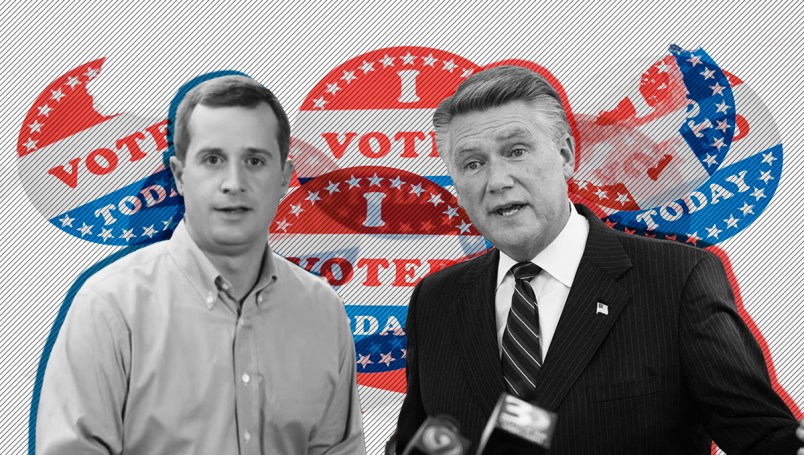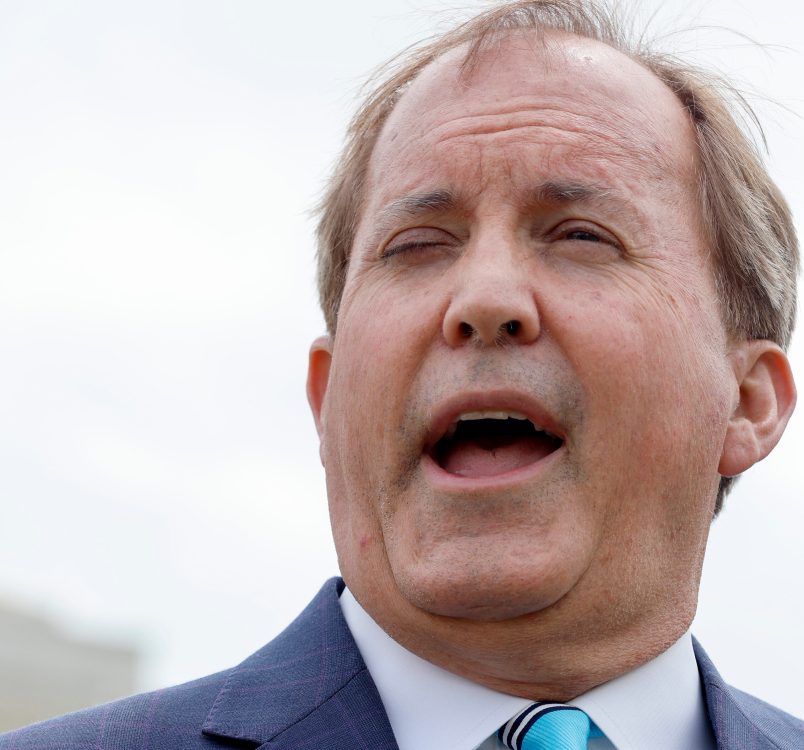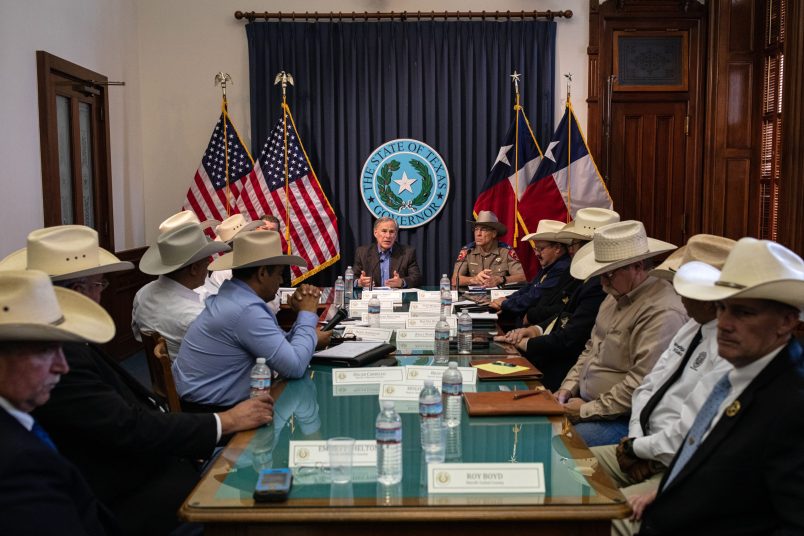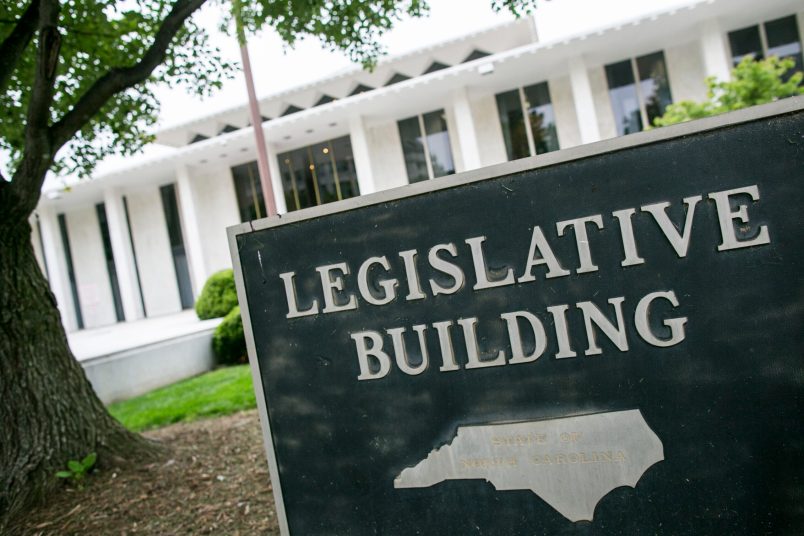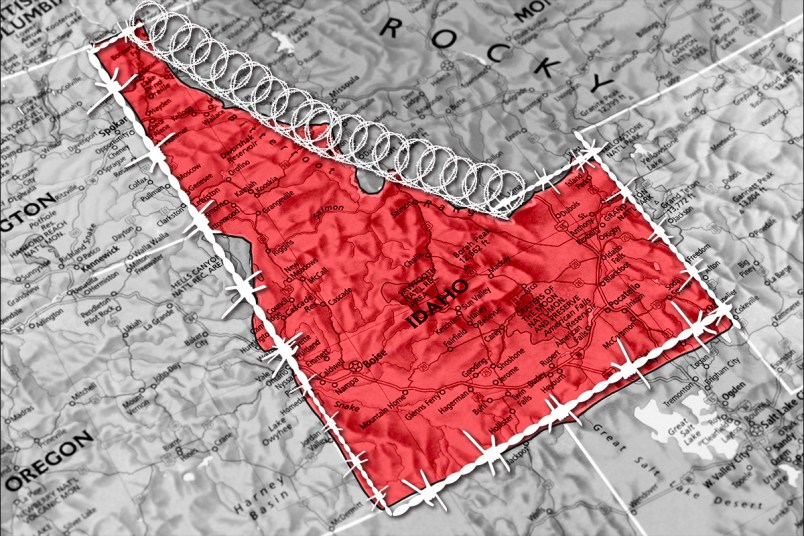The fate of a U.S. congressional election in North Carolina is in flux after concerns of “irregularities” bubbled up in the race, where the Republican candidate unofficially leads by fewer than 1,000 votes.
The North Carolina State Board of Elections voted on Friday to move forward with an investigation into the matter, while refusing to certify to the results of the race between Republican Mark Harris and Democrat Dan McCready in the state’s ninth congressional district.
The source of the irregularities that the board is investigating is not entirely clear. But swirling around the matter are concerns about the disproportionate support Harris got in mail-in ballots in one county, the high rate of requested mail-in ballots that went unreturned in another, and the potential involvement of a local operative with a reputation for sketchy election behavior.
Here are five points on what we know so far:
The State Board will hold a hearing on the claims later this month, and could call a new election.
The North Carolina State Board Of Elections voted unanimously Friday to delay certification of the election, where Harris leads unofficially McCready by 905 votes. Seven of the board’s nine members, including two Republicans, voted to move forward with an investigation into irregularities in the vote tally, and the board will hold a hearing before December 21 on the issue. The board could in theory call a new election — the elections board, under state law, is allowed to take actions “necessary to assure that an election is determined without taint of fraud or corruption and without irregularities that may have changed the result of an election.”
Mail-in ballot voting rates in two counties have raised concerns.
Scrutiny is focused on mail-in ballot return rates in two counties in the district: Bladen and Robeson. Bladen County had the highest mail-in ballot request rate in the state, the News and Observer reported, and 61 percent of the ballots returned supported Harris, even as only 19 percent of those ballots were sent in by registered Republicans. Thirty-nine percent of the total mail-in ballots in that county were submitted by unaffiliated voters. Michael Bitzer, a Catawba College political scientist who tabulated the numbers, told the News and Observer it would be “astonishing” to have “each and every one of those unaffiliated voters vote Republican.” During Harris’ primary against the Republican incumbent Rep. Robert Pittenger, Harris won 96 percent of all absentee ballots in Bladen, the Washington Post reported, which was a far greater percentage than his margin over Pittenger over all.
In Robeson County, attention is focused on the high rate — 64 percent, well above that of other counties in the district — of mail-in ballots that were requested and went unreturned, according to the News and Observer. Three-quarters of the mail-in ballots requested by black voters in the county went unreturned, the News and Observer reported, and more than two-thirds of the ballots requested by native Americans in the county were unreturned.
Individuals have reported weird encounters related to mail-in ballot voting.
Additionally, election officials have also begun gathering sworn statements from voters in the district who voted or attempted to vote by mail. The affidavits recall strange encounters voters had with people who claimed to be collecting mail-in ballots, while other voters reported receiving mail-in ballots despite never requesting them.
Some of the affidavits also discuss Leslie McCrae Dowless, a local operative who has been tangled up in alleged election misconduct in the past. However, references to Dowless are vague and it’s unclear exactly he may have been doing related to absentee ballots in the race.
One person claimed to have been told by Dowless that he was “doing absentee” work for Harris and a candidate for sheriff there.
“He also stated that you know that I don’t take checks. They have to pay me cash,” the affidavit said. Another affidavit said that it was “common knowledge” that Dowless was working for Harris.
In 2016, complaints were filed against ballot collectors allegedly hired by Dowless, who himself sought to bring voter fraud allegations against Democrats that year. Dowless, according to the Charlotte Observer, has denied allegations of election misconduct.
Republicans are attacking the state board’s handling of the matter.
Meanwhile, North Carolina Republicans — who typically use unfounded claims of mass voter fraud to justify restrictive voting laws — have argued that Harris’ current margin of victory is so large that any evidence of malfeasance in absentee ballots won’t change the results of the race, and thus his victory should be certified now. North Carolina GOP executive director Dallas Woodhouse said in an email that Republicans “obviously support an investigation into allegations of irregularities fraud as long as it is fair and includes the investigations of irregularities committed by both sides,” while accusing the state elections board of “acting in secret.”
The Republican criticisms of the board were effective in forcing its Democratic chairman Andy Penry, who was attacked by Republicans for his tweets, to resign on Saturday.
“The investigation of criminal conduct and absentee voting fraud in the 2018 Republican primary and 2018 general election in congressional District 9 is a matter of vital importance to our democracy,” Penry wrote in the statement obtained by the Washington Post. “I will not allow myself to be used as an instrument of distraction in this investigation.”
The elections board probing the allegations may be dissolved before it is finished.
As if the situation in North Carolina’s ninth district wasn’t messy enough, there is the added complication that the state elections board may be dissolved before the issue is resolved. The potential dissolution of the board is the result of court rulings in favor of Democratic Gov. Roy Cooper (D), who challenged laws passed by North Carolina legislators after he was elected in 2016 that sought to undermine his authority to appoint members to the elections board and other state panels. The court decision to dissolve the board was initially put off until December 3, but on Friday the court delayed the dissolution until December 12.


